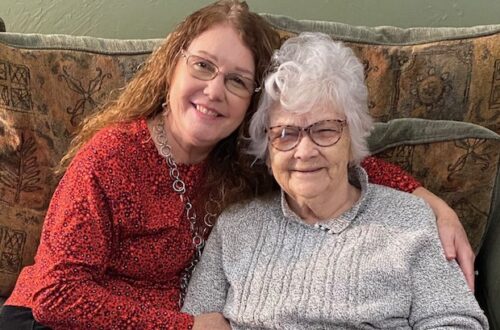12 Most Common Warning Signs of Dementia

Before diving into the symptoms, it's crucial to understand what dementia is and isn't. Dementia refers to a range of brain disorders that impact cognitive functions, impairing memory, thinking, and daily functioning. It's a serious condition, not just a normal part of aging, and encompasses diseases like Alzheimer’s, Vascular Dementia, Lewy Body Dementia, Parkinson’s Disease and many more.
1. Memory Loss or Mild Cognitive Impairment
Early-stage dementia often involves difficulty remembering recent events, such as forgetting recent appointments or bills, while long-term memories may remain intact.
2. Behavioral Changes
Personality shifts can occur, such as becoming unusually irritable or overly cheerful compared to previous behavior patterns.
3. Disorientation
Individuals may struggle with familiar places or dates, showing confusion about time or getting lost in known locations.
4. Declining Motor Function
Activities like driving or cooking may become challenging. Over time, individuals may need help with basic daily tasks like dressing or bathing.
5. Paranoia
Feelings of paranoia may arise, leading to unjustified accusations of theft or dishonesty against caregivers or friends.
6. Loss of Interest
Dementia patients might withdraw from hobbies, social activities, and interactions with friends, leading to isolation and a loss of engagement.
7. Repetitive Behavior
Repeatedly asking the same questions or performing the same actions due to memory lapses and confusion is common.
8. Hallucinations and Delusions
Hallucinations involve false sensory experiences, while delusions are incorrect beliefs. Both can distort reality, leading to confusion and distress.
9. Impaired Motor Skills
Changes in gait, frequent tripping, and loss of bladder control can occur. Difficulty with balance and coordination is often noted.
10. Sexual Actions
Dementia patients might exhibit inappropriate sexual behavior, such as disrobing in public or making inappropriate comments.
11. Poor Judgment
Decisions may become erratic, including neglecting personal hygiene or making questionable financial choices.
12. Communication Difficulties
Challenges with following instructions, finding the right words, or pronouncing words correctly are typical. This affects both verbal and written communication.
Recognizing these signs early can lead to timely intervention and better management of dementia. If you observe these symptoms in a loved one, consider seeking professional advice for a thorough evaluation.



